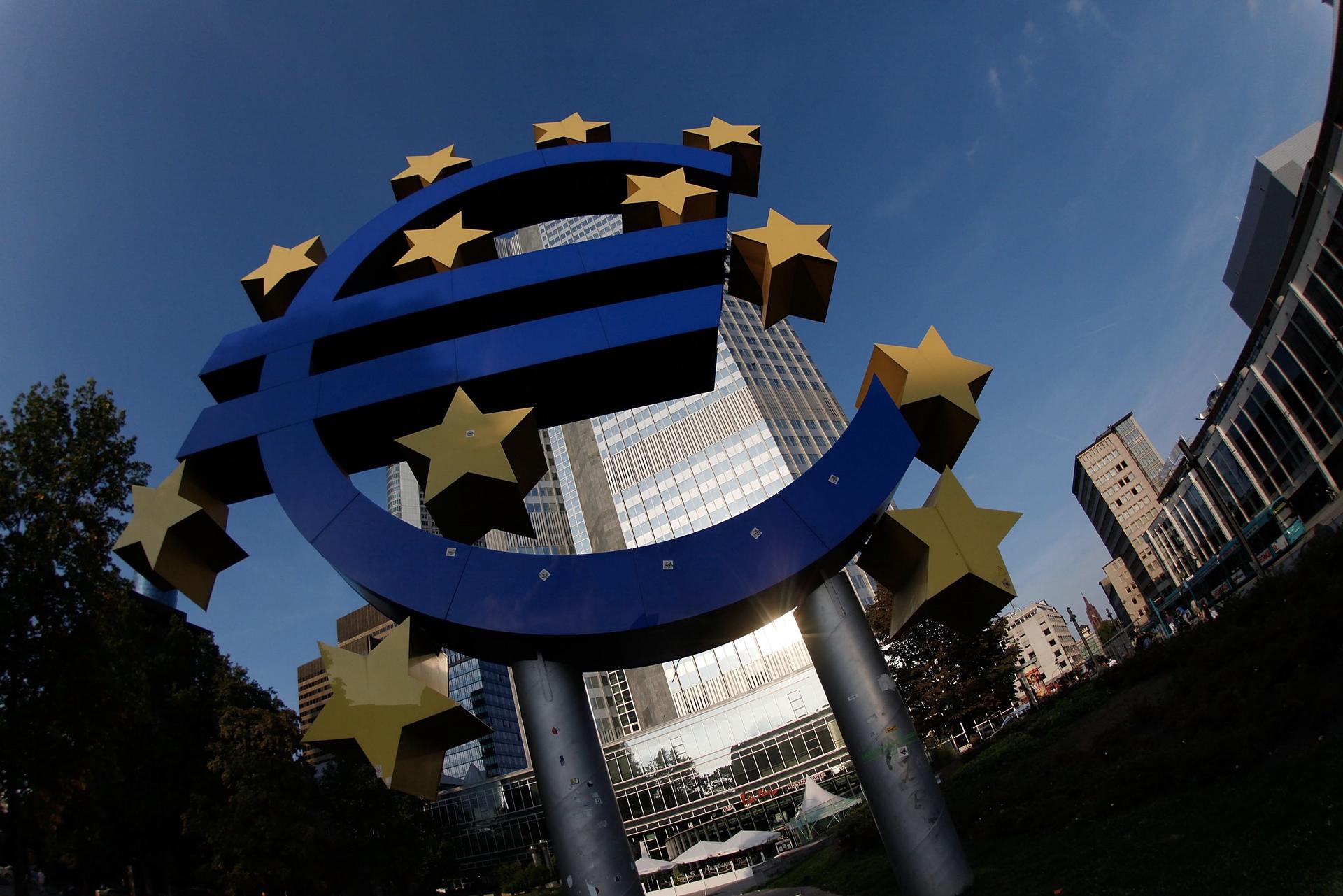The euro zone crisis is back — on multiple fronts
The election shock in Athens is reverbarating across the euro zone.
Europe's finance ministers meeting in Dublin on Friday are facing a renewed crisis on multiple fronts, with a backlash against austerity acting as a gloomy backdrop for negotiations over bailout extensions for Portugal and Ireland, while tackling Cyprus's botched bailout and growing worries about Slovenia.
Investors, increasingly aware of the euro zone's disarray, will be closely watching the results of that meeting.
On Thursday, Cyprus confirmed that the cost of its troika-initiated bailout had surged to 23 billion euros ($30 billion) from 17.5 billion euros, further jeopardizing its moribund economy. It has also confirmed that it may have to sell most of its gold reserves to raise about 400 million euros to finance its part of the bailout.
The bailout orchestrated by the European Central Bank (ECB), IMF and European Commission have been likened to a "strait jacket" on Cyprus, and investors are worried the conditions imposed on Nicosia could be a precedent for other struggling economies that could be in need of financial aid, such as Slovenia which is widely seen as a possible next bailout recipient.
Slovenia's leaders are trying to avoid requesting financial aid and the onerous terms those loans are likely to come with. Earlier this week, the Organization for Economic Cooperation and Development (OECD) said the central European economy risks a "deep recession" and a "severe banking crisis."
Austerity Not Working
Meanwhile, Portugal fired a warning shot for austerity this week when its constitutional court rejected cost-cutting measures which are central to the 78 billion euro ($101 billion) bailout it received in 2011, throwing its austerity program and aid into further doubt.
A Troika document leaked on Thursday suggested that Portugal could struggle to avoid a second bailout, given the significant rise in its financing needs in 2014 and 2015 and future years.
In a research note on Friday, Nick Spiro of Spiro Sovereign Strategy said the leaked paper "is alarmingly frank – to the point of undermining what little confidence there is in Portugal's adjustment program".
He added that the promoters and designers of austerity-focused euro zone reform programs "are struggling to appear credible".
"Although Germany is convinced the bitter medicine is necessary and is working, even some of its northern European allies, notably Holland, are finding it difficult to practice what they preach," said Spiro.
"As for the euro zone periphery itself, governments are being voted out of office (or can't even be formed in the case of Italy), populism is rife and austerity-induced recessions grind on."
There have been growing calls for the euro zone to rollback its plans for austerity with IMF chief Christine Lagarde, billionaire investor George Soros and US Treasury Secretary Jack Lew, urging a rethink this week.
Jeroen Dijsselbloem, who chairs the Eurogroup of finance ministers,said he hoped for a seven-year extension for Ireland and Portugal's bailout programs at Friday's meeting in Dublin. Giving a talk at an Irish university, Dijsselbloem forecast a gloomy picture for the euro zone.
"A meaningful recovery is not yet to be expected across the euro zone until the end of this year and there will remain significant differences between different member states," he said on Thursday.
The euro zone crisis worsened last month after a widely criticized bailout for Cyprus placed a tax on bank deposits over 100,000 euros.
On top of those worries, euro zone policymakers are also facing a slow-boiling crisis in Italy, the euro zone's third-largest economy. Inconclusive elections in February have left the country leaderless as politicians have refused to cross partisan lines.
Italy's outgoing caretaker government led by economist Mario Monti, forecast that the country's debt-to-GDP ratio which hit an all-time of 127 percent last year, would rise further to 130.4 percent in 2013. As the political impasse continues, economists forecast new elections will need to be held later this year, raising concerns that labor market reforms that Monti initiated will be further delayed.
Even the euro zone's second-largest economy is in a spot of bother. France's socialist administration, led by President Francois Hollande, is dealing with a political scandal after the former budget minister, Jerome Cahuzac, whose job involved preventing tax evasion, was found to have stashed thousands of euros in a secret account in Switzerland.
The crisis could hamper the government's efforts to deal with declining competitiveness and the country's highest unemployment rate since 1999.
![]()
More from our partner, CNBC:
CNBC: Consumer Mood Sours as Fears About Jobs Rise
CNBC: 5 Fiscal Secrets Buried In Obama’s Budget
CNBC: North Korea Nuclear Threat Just Got a Lot Bigger
We want to hear your feedback so we can keep improving our website, theworld.org. Please fill out this quick survey and let us know your thoughts (your answers will be anonymous). Thanks for your time!
